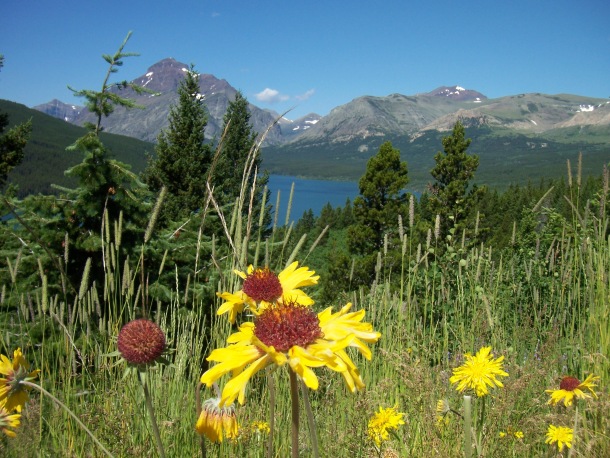I am preparing to go to Miami of Ohio to attend a writing retreat. It is a curriculum theory called currere, which is the root word for curriculum and is an infinitive verb meaning to run the course of one’s life.
Currere overlaps with the methodology, hermeneutic phenomenology I used in my writing my dissertation. The two are reflective, explore one’s lived-experiences, and interpret them as data . After a person reflects on a lived-experience, they imagine how it might inform their teaching. They create a vision of the past and future in a way to create a vision for the present.
William Pinar compared this process to photographs that gain clarity as they develop. I had not used the method, but referenced Dr. Pinar’s work and he was on my dissertation committee.
Part of the process of preparing has been to use the method of currere. As I wrote, read, and reflected this Wendell Berry poem came into my view. Even though I am not teaching, I wanted to create a vision of what the wisdom might be like. As a young teacher, I can envision having used the process as a way to survive, to be still, enrich my teaching and student learning, and creating a memory native to my teaching. As Wendell Berry says, it was a paradisal dream. Hard work never is. It is its own reward.
If we will have the wisdom to survive,
to stand like slow-growing trees
on a ruined place, renewing, enriching it,
if we make our seasons welcome here,
asking not too much of earth or heaven,
then a long time after we are dead
the lives our lives prepare will live
here, their houses strongly placed
upon the valley sides, fields and gardens
rich in the windows. The river will run
clear, as we will never know it,
and over it, birdsong like a canopy.
On the levels of the hills will be
green meadows, stock bells in noon shade.
On the steeps where greed and ignorance
cut down
the old forest, an old forest will stand,
its rich leaf-fall drifting its roots.
The veins of forgotten springs will have
opened..
Families will be singing in their fields.
In the voices they will hear a music
risen out of the ground. They will take
nothing from the ground they will not
return,
whatever the grief at parting. Memory,
native to this valley, will spread over it
like a grove, and memory will grow
into a legend, legend into song, song
into sacrament. The abundance of this
place,
the songs of its people and its birds,
will be health and wisdom and indwelling
light. This is no paradisal dream.
Its hardship is its possibilities.








